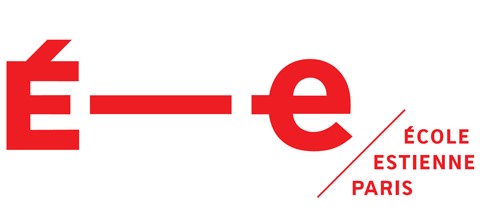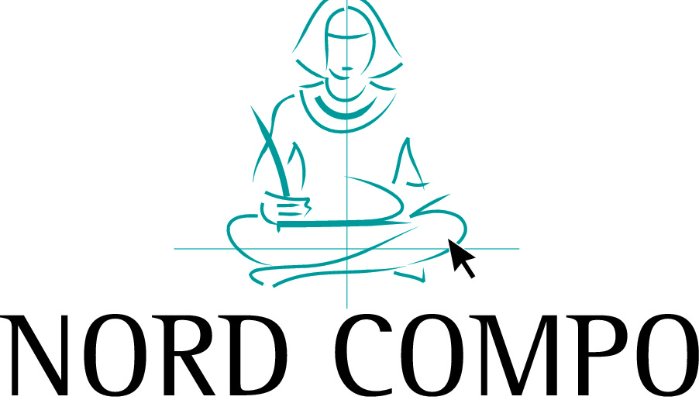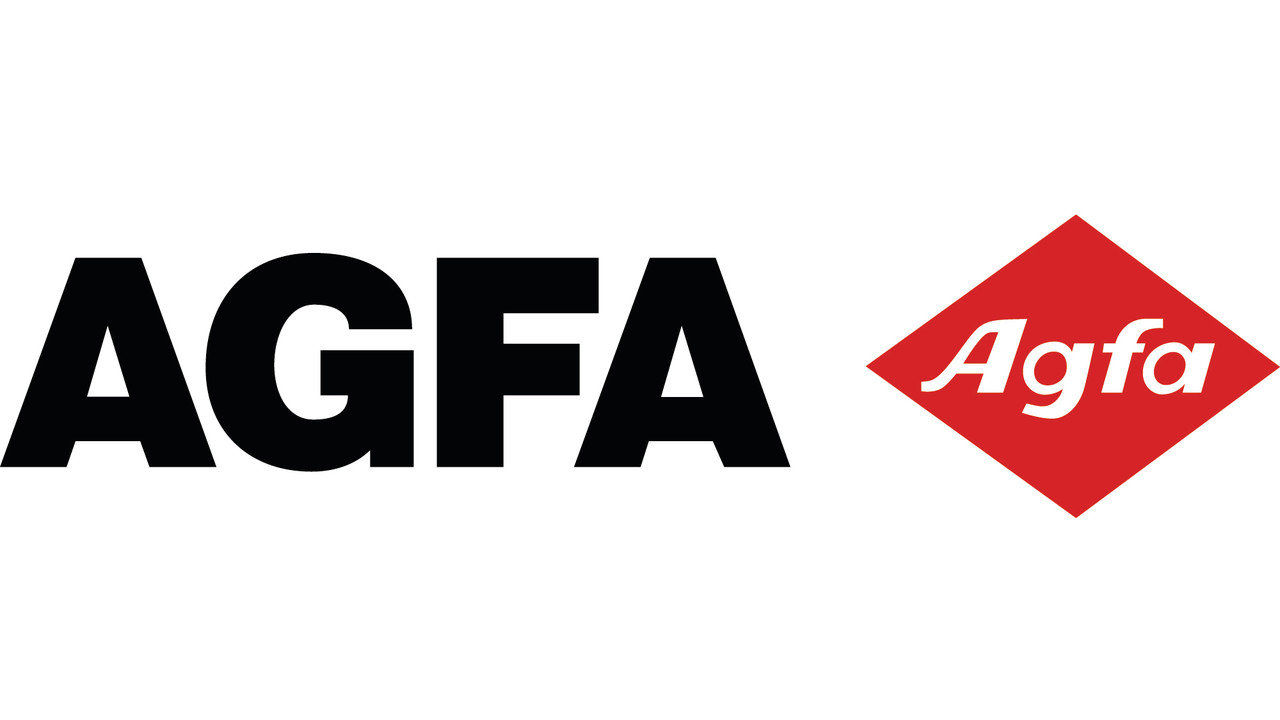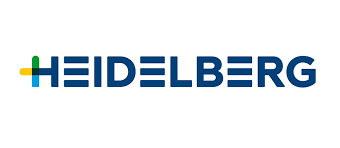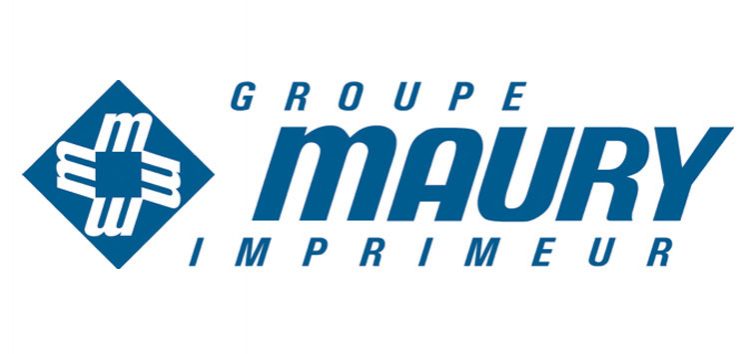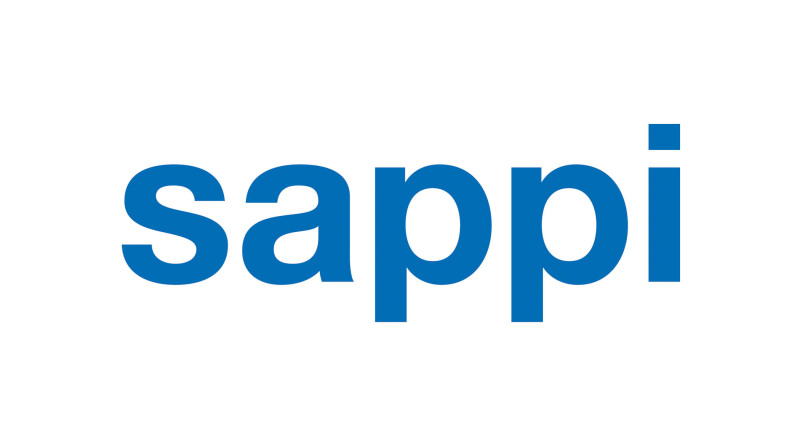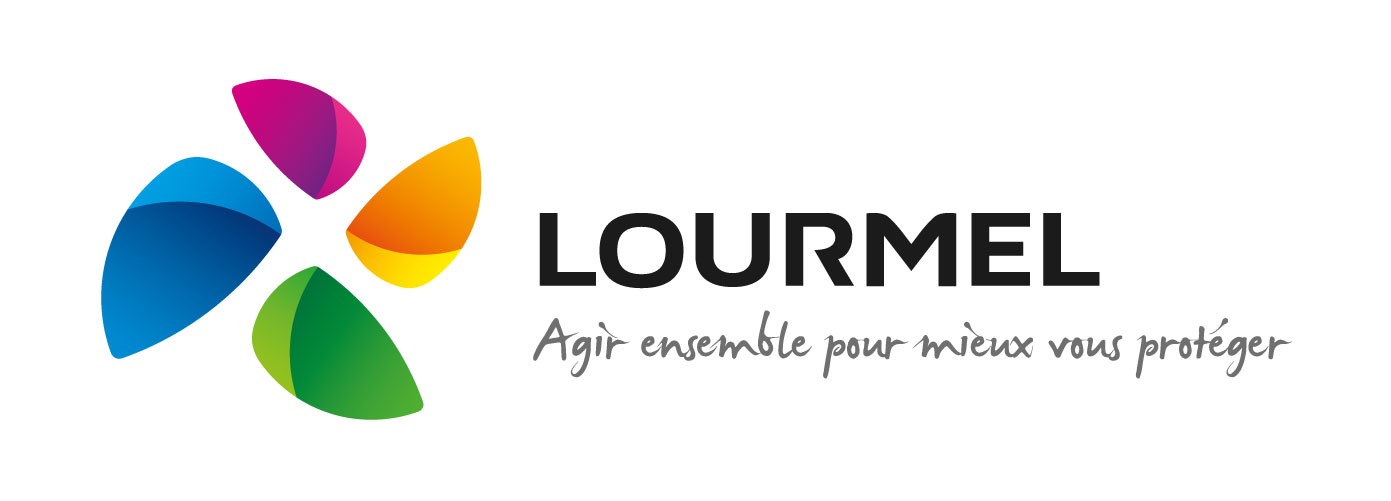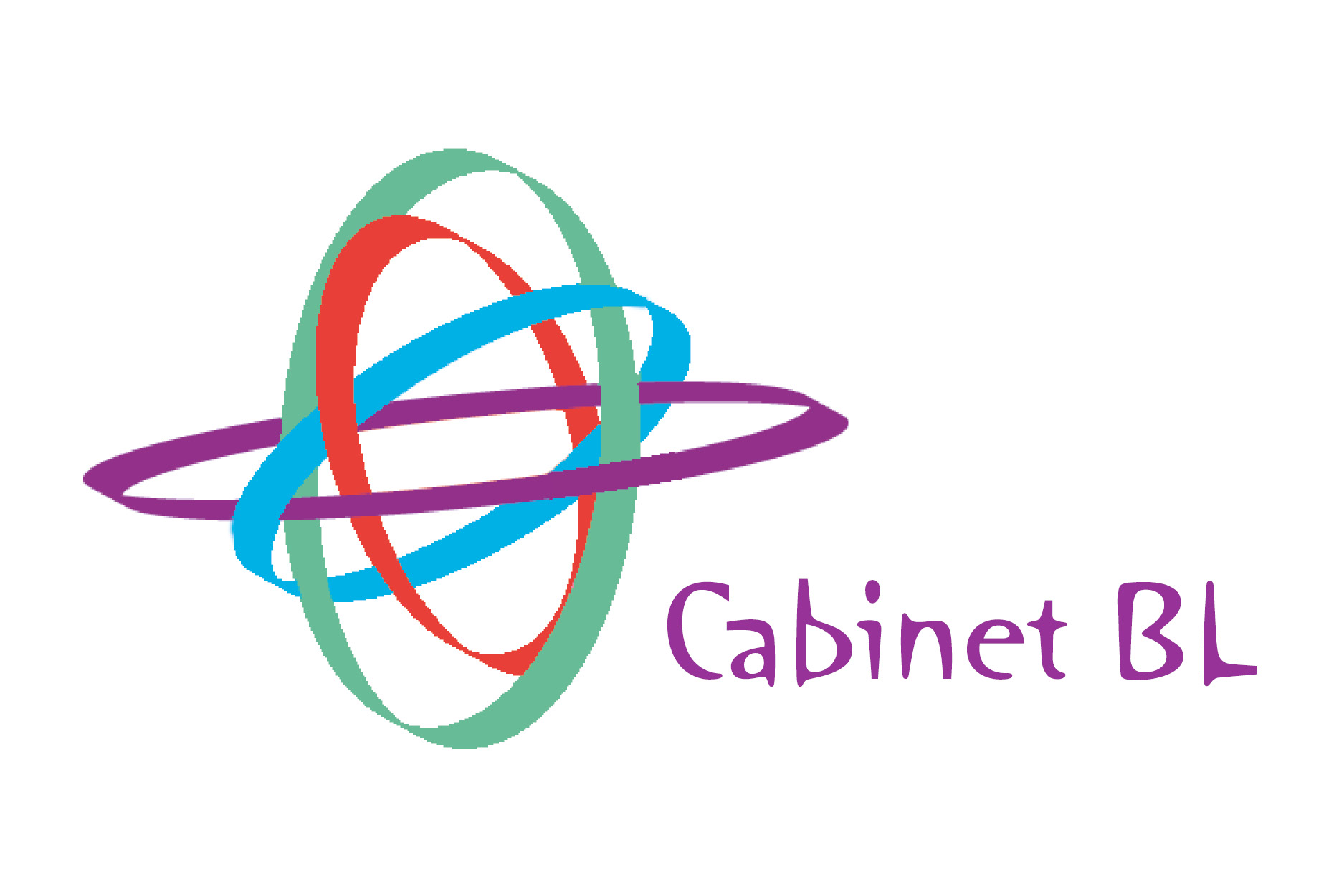Google is threatening to kill Google News in Europe if the EU goes ahead with its “snippet tax”
This is a battle that’s been fought in Europe before, most notably in Spain in 2014. But for a variety of reasons — shifts in publisher business models and the move to mobile highest among them — the power dynamics are a little different this time around.
The European Union is considering a set of changes to digital copyright that are, well, quite controversial. One of those would require Google and other platforms to pay publishers for the right to display anything more than the tiniest snippet of a story in its search results or elsewhere. (Many, many details are both TBD and quite important — most significantly whether publishers can choose to opt out of the system.) In response, Google is threatening to kill Google News in Europe entirely if the changes go forward. Natalia Drozdiak reporting for Bloomberg:
Google News might be withdrawn from the continent in response to the new law, according to Jennifer Bernal, Google’s public policy manager for Europe, the Middle East and Africa. Google has various options, and the decision to pull out would be based on a close reading of the rules and taken reluctantly, she said…Google has said it doesn’t make money from its news service so withdrawing it is unlikely to lead to a financial hit.
It’s true that — despite a decade’s haranguing from publishers that might lead you to think otherwise — Google doesn’t make much of its money from news-related content in search. It makes money when you search “dry cleaner south boston” or “what’s a good toaster oven,” not so much “was that a gunshot i just heard south boston” or “so what’s going on in syria srsly.”
And we’ve been down this path before. In 2014, Spain passed a “snippet tax” not unlike the one being considered by the EU and Google really did shut down Google News in Spain. A 2017 study into what happened as a result found, well, less news consumed (emphases mine):
In this paper, we use Spain as a natural experiment because Google News shut down all together in response to the reform in December 2014. We compare the news consumption of a large number of Google News users with a synthetic control group of similar non-Google News users. We find that the shutdown of Google News reduces overall news consumption by about 20% for treatment users, and it reduces page views on publishers other than Google News by 10%. This decrease is concentrated around small publishers while large publishers do not see significant changes in their overall traffic. We further find that when Google News shuts down, its users are able to replace some but not all of the types of news they previously read. Post-shutdown, they read less breaking news, hard news, and news that is not well covered on their favorite news publishers.
That study was backed in part by Microsoft Research, if you’re looking for any anti-Google animus — but a different study by a trade association of Spanish publishers found much the same. (It should be noted this policy was the subject of some infighting within the Spanish publishing industry.)
In general, our main conclusions are:
— There is no justification — neither theoretical nor empirical — for the existence of the fee since aggregators bring to online publishers a benefit rather than a harm…
— As a result of the fee, online publishers, especially small ones, stop attracting significant advertising revenues (which can be estimated in the short term at around €9-18 million annually), in addition to the creation of barriers to entry and expansion, with the consequent negative impact on concentration and competition…
— The fee also has a negative impact for consumers, due to the reduction in the consumption of news and the increase in search time…
— Finally, it has a negative impact on innovation in all the sectors involved (news aggregation, online press, advertising, etc.).
So, depending on whose side you’re on, Europe is on the verge of either (a) finally supplying news publishers with compensation for their work from the free-riding tech titans who’ve build businesses around aggregating work they don’t pay for, or (b) destroying a fundamental tenet of the open web while simultaneously hurting audiences, publishers, and democracy itself. (Not the most subtle PR here, Google.)
It certainly seems like a bad idea to me, for a host of reasons you can read about elsewhere on the Internet. But wherever you come down on it, I think it’s worth noting how this particular moment is a little different from 2014. The power dynamics have shifted — only a bit, but noticeably — for a couple of reasons.
Publishers are more aware that scale is a pipe dream and that they want to own the reader relationship.
In 2014, news publishers still harbored hopes that digital advertising could play something like the role that print and TV advertising had in earlier forms of media: the dominant revenue stream for a steadily growing business. Back then the “duopoly” that had people worried was iOS and Android. Google and Facebook together took in about $31 billion in ad revenue in 2014; in 2018, they totaled about $65 billion.
By now, publishers (the smart ones, at least) realize that any success at beating out Google and Facebook’s data edge in advertising will only come at the margins. The theme of the day is reader revenue — trading in pageview chasing for ad dollars for loyalty building for subscription dollars.
In 2016, a survey of European publishers found that reader revenue (47 percent) only slightly edged out display advertising (40 percent) as the revenue stream they’d “be focusing on most in 2017.” That same survey two years later, in 2018, found reader revenue had now taken a commanding lead (52 percent to 27 percent) on a similar question.
Think about what that Spain study found people consumed less of without Google News: “news that is not well covered on their favorite news publishers.” You know who doesn’t particularly mind that? Those favorite news publishers! Whether or not it’s good for readers, it is certainly better for publishers if you become more committed to an individual news site. In fact, it’s downright fundamental to a business model that relies on readers liking a publisher so much they’ll pay for access to it. (Indeed, as was the case in Spain, this sort of a model is more likely to help bigger, more established publishers than smaller fry.)
Of course publishers are still happy to welcome traffic from search, and they’re happy to monetize it whenever it arrives. (The secular decline in Facebook-sourced traffic has actually increased the emphasis on search in many newsrooms.) But when you’re relying on readers to pay the bills, search is more of a low-conversion top-of-the-funnel investment than the business model itself.
So if Google News were to suddenly disappear from European shores tomorrow, there’d absolutely be downsides for publishers — but at least a few would think it wasn’t such a terrible thing. To the degree that it leads news-hungry people to start going to myfavoritenewssite.com or launching the MyFavoriteNewsSite app instead of hitting search, it’d be going with the grade of contemporary news revenue models, not just against it.
The second reason:
Search is a lot more mobile now, and news is more important to search there.
Back in 2014, search was still mostly something did on desktops and laptops. It wasn’t until 2015 that mobile passed desktop in Google search volume, and then only in certain markets.
Today, mobile absolutely crushes desktop for search, with about 70 percent of searches in the U.S. coming on phones.
What changes in that transition from desktop to mobile? On desktop, every website is an equal citizen, just another tab in Firefox. But on your phone, the app is king; the browser gets downsized to just one icon among many, and most of those other icons are controlled by Google, Facebook, or Apple. Imagine you heard something about a news story — Trump did WHAT?!? — and you want to find out more. Sitting at a computer, you might go to nytimes.com or washingtonpost.com or some other news site with which you have an existing brand relationship. On your phone, you’re more likely to either to go social — lemme see what people are saying on Twitter about this — or to the search box in your mobile browser.
That shift has been a huge victory for tech platforms in general, whether we’re talking about the OS level (iOS, Android), the social level (Facebook, Twitter), or the search level (Google, essentially). As more and more jobs-to-be-done get moved out of the browser and into apps, the browser has to do more to earn the jobs it has left. That means a crappy search experience is, well, less forgivable, in news or elsewhere. And the stakes for self-sabotage — say, making your news search worse by killing off Google News for an entire continent — get a little bit higher.
Google’s continued success in search is guaranteed first and foremost by the deals it strikes with phone manufacturers to make Google the default search option on their devices. Maintaining that default status is the driving force behind its entire Android strategy (which has also attracted EU attention from time to time). The most important of these deals by far is with Apple, to whom Google currently pays an estimated $12 billion a year to be the search engine on iPhones and iPads. That’s a number big enough to matter to even the Apples and Googles of this oligarchic world; given that it’s essentially pure profit, it might make up something like 15 percent of Apple’s total operating revenue this year.
There are probably only two entities that can realistically threaten Google’s continued search dominance in any significant way: Apple and the European Union.
Apple thus far has been very happy to continue to cash Google’s multi-billion-dollar checks, and its narrative about moving revenue from hardware to services would seem to encourage continued happiness there. But sending untold billions of searches to Google is a big hole in the Apple-is-the-only-company-that-cares-about-your-privacy message the company seems increasingly committed to. (“What happens on your iPhone, stays on your iPhone — except for all that sweet data we send to Mountain View.”)
As games of footsie go, it’s awfully small, but it didn’t go unnoticed that Apple decided to let the privacy-focused search engine DuckDuckGo use Apple Maps last week. Apple cares a lot about the user experience on its devices, and if Europeans searching for news in Safari on their iPhones are suddenly getting useless results, would it just sit by? I mean, probably? But that’s probably not a path Google’s too interested in going down.
And then there’s the EU. Let’s say Google does stop indexing news stories Europe-wide. Does the EU strike you as an institution that would just say: Cool, cool, we’re good now, Google? Europe would be happy to have another reason to hammer one of the American companies with outsized control over information flows on the continent. Would it be outrageous to expect a new EU regulation requiring that phones sold in Europe must by default use a search engine that indexes European news publishers and compensates them according to European law? That would seem almost…reasonable at that point.
Are either of these outcomes likely? Of course not. Should a truly search-anxious Apple or a next-level-regulatory Europe ever move from “very much unlikely” to “the sort of thing respectable politicians call for in op-eds,” Google would adjust. You don’t build a search monopoly by being dumb, and you don’t risk the one you have by standing on even the webbiest of principles.
In the same way, are all news organizations going to say “to hell with search traffic — kill off Google News, we won’t miss it”? Of course not. While a shift to reader revenue is probably the best hand to play in 2019 — a return to destination journalism — it’s not one most publishers can pull off, no matter what Google does. Search traffic hasn’t been blamed for publisher bad behavior to anything like the extent social traffic has; keyword-dense headlines are a smaller journalistic sin than viral-hunting clickbait.
But I note these scenarios to show that the power of platforms — over news specifically, but over, you know, civilization more broadly — is being challenged in concrete ways it wasn’t a few years ago. The incentives are a little different for all of the players. It would be very easy to look at the past decade of the news industry and see the power dynamic moving entirely in one direction — from publishers to tech companies. I’m not ready to say that dynamic is now moving in reverse — but it’s zigging and zagging in more interesting ways than before.
Lire : Nieman Lab du 22 janvier








